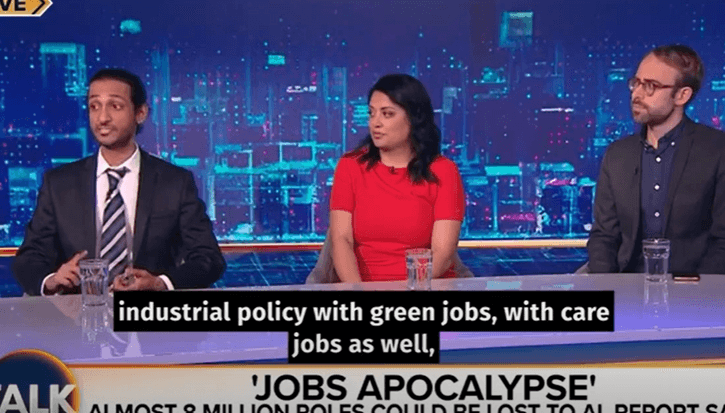Autumn statement 2011
Article
This was more like a mini-budget than an autumn statement. The likelihood that the OBR's forecasts - and particularly its downgrading of the growth outlook - would dominate the next day's headlines caused the government to preannounce a series of measures designed to support growth. The aim, no doubt, was to give the impression that the government had a 'plan for growth' as well as a 'plan for deficit reduction'.
However, it is not enough to agree a number of measures - even if some of them are welcome U-turns from the government's previous position - and call them a 'plan for growth'. A real plan for growth should start by identifying what is needed for the economy to grow.
In the short term that means generating additional demand. With our main export market heading into recession and household and business confidence low, only the government is in a position to provide this extra demand. However, this would mean relaxing the pace of deficit reduction; that was a U-turn that the chancellor was not prepared to make on this occasion.
Related items

Forging ahead: Deciding the direction of IPPR's Migration Policy Unit
In our last blog post for the Migration Policy Unit we shared our new way of working as we endeavour to be inclusive and transparent in our policymaking process. In this blog we set out what our first and flagship project is for the policy…
Who gets a good deal? Revealing public attitudes to transport in Great Britain
Transport isn’t working. That’s the message from the British public. This is especially true if you’re on a low income, disabled or living in the countryside. The cost of living crisis has exposed the shortcomings of our transport system,…
Bhargav Srinivasa Desikan on TalkTV discussing AI
IPPR's Bhargav Srinivasa Desikan on TalkTV discussing his new report on the impact of generative AI on the UK labour market.